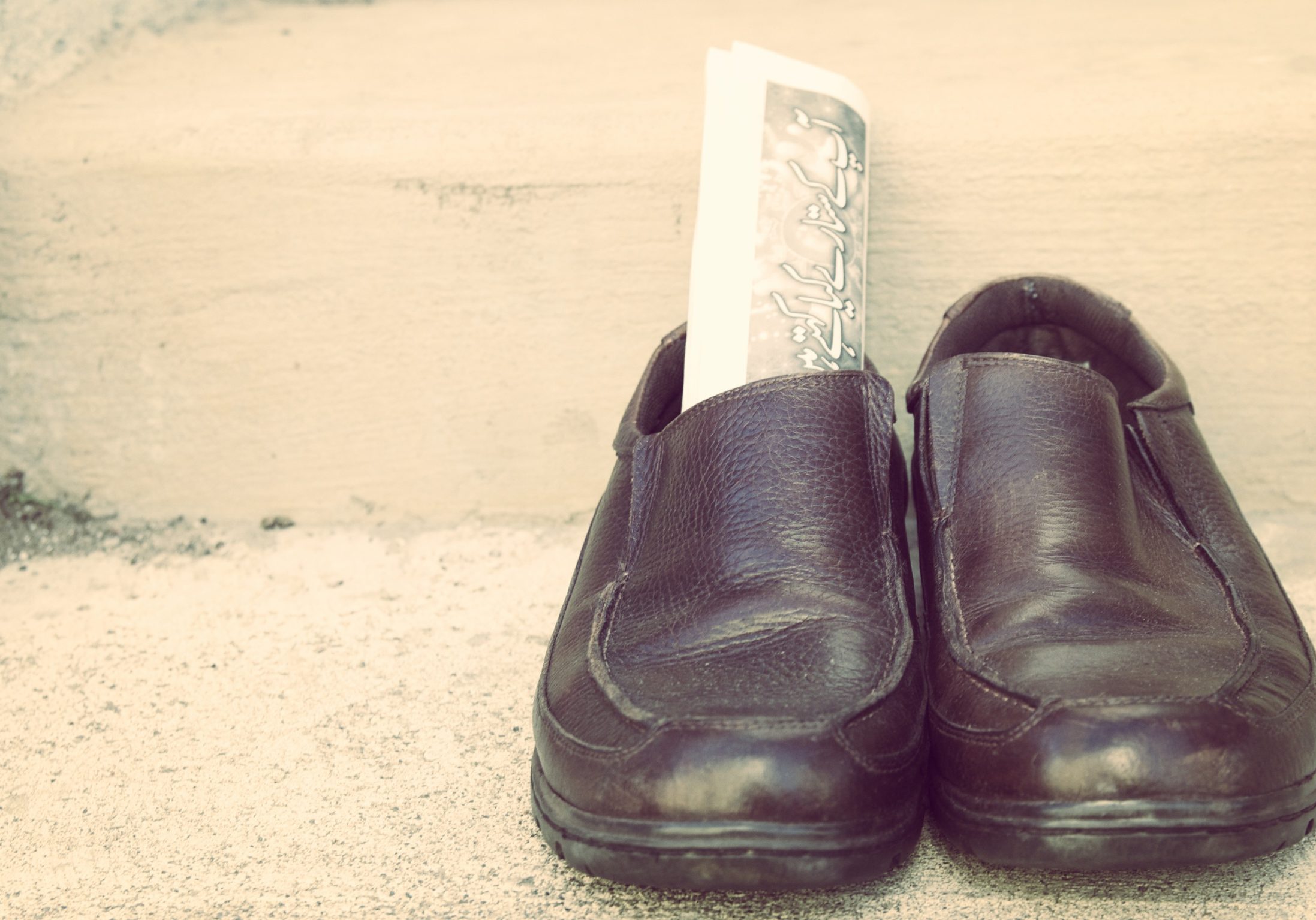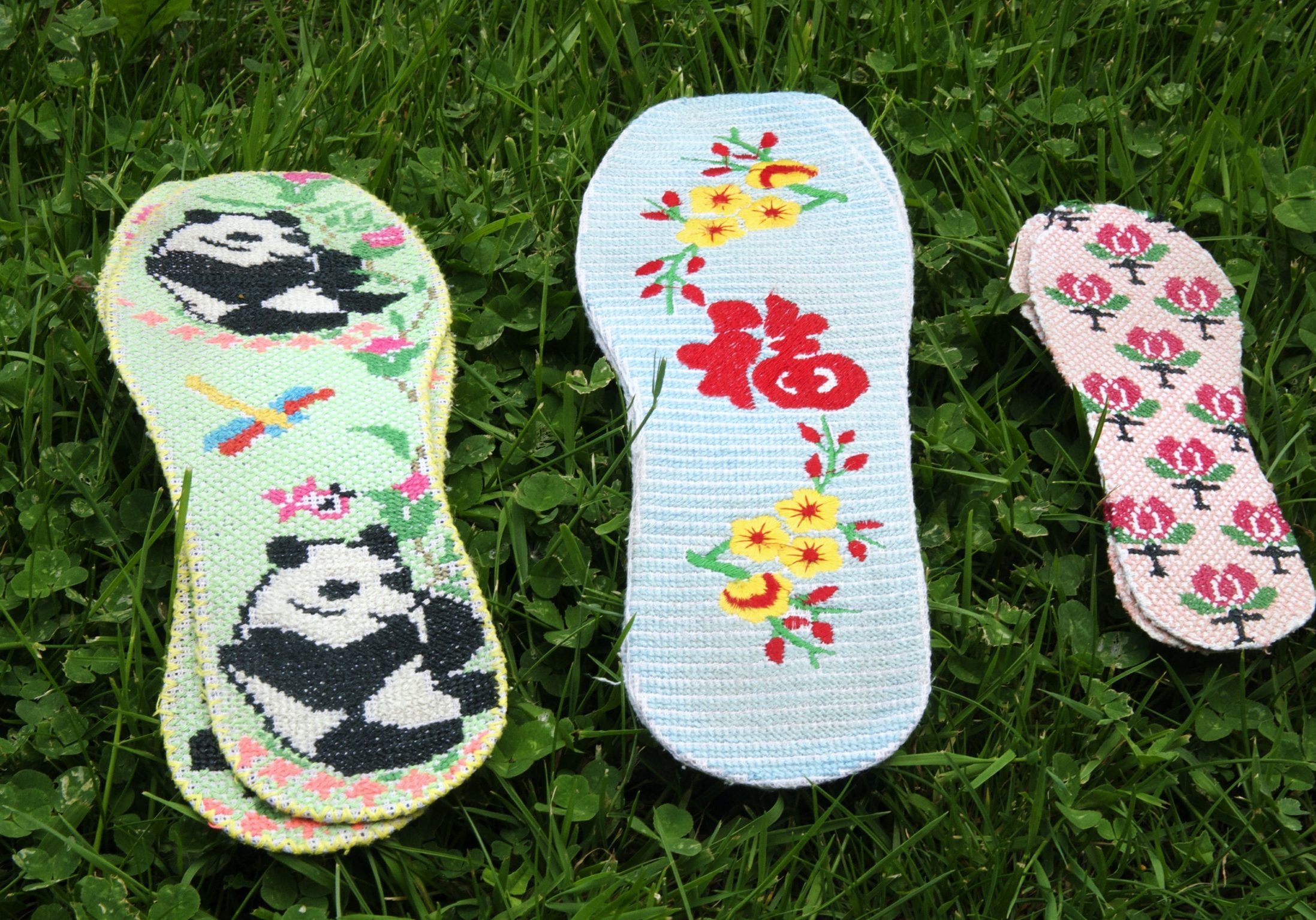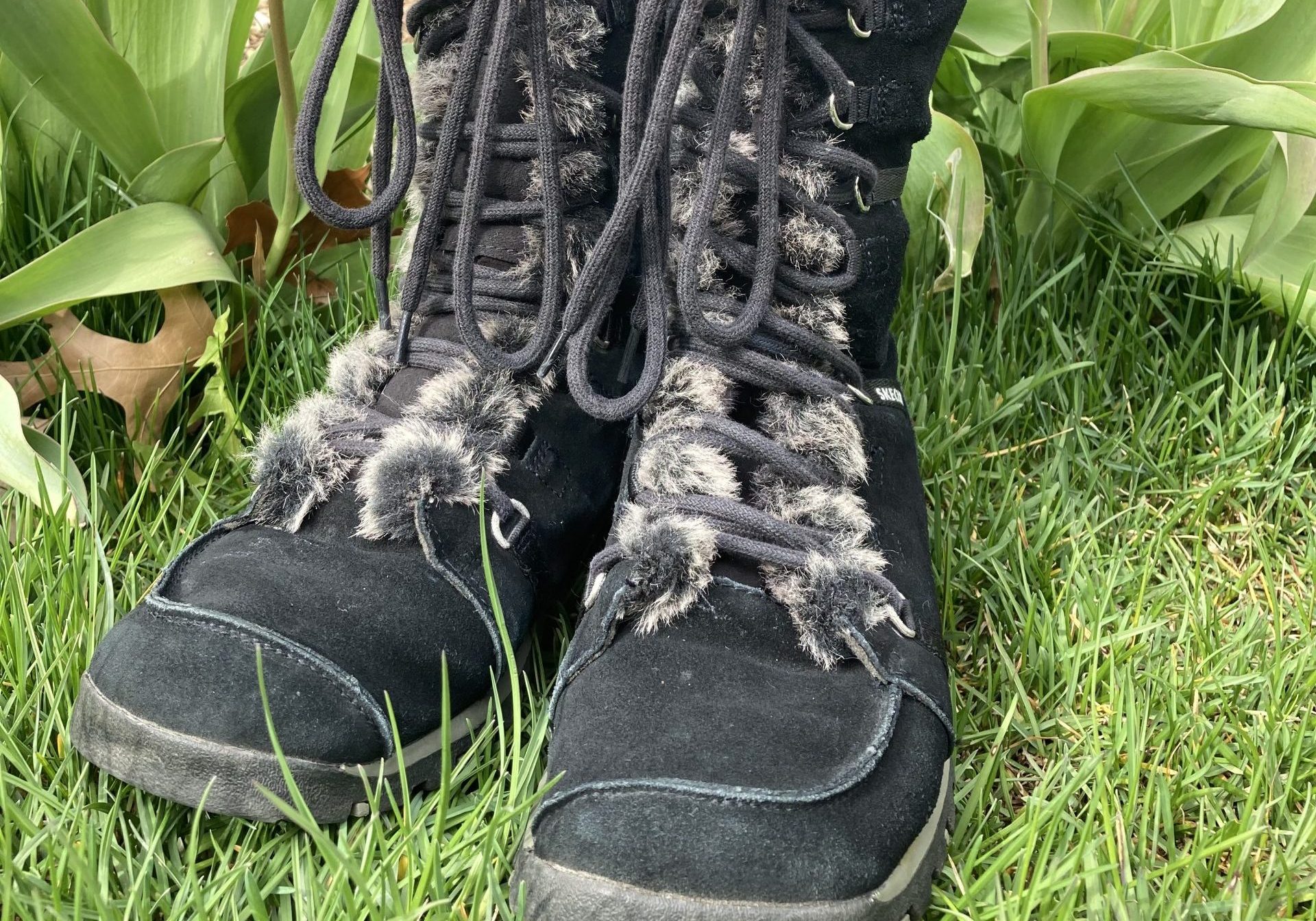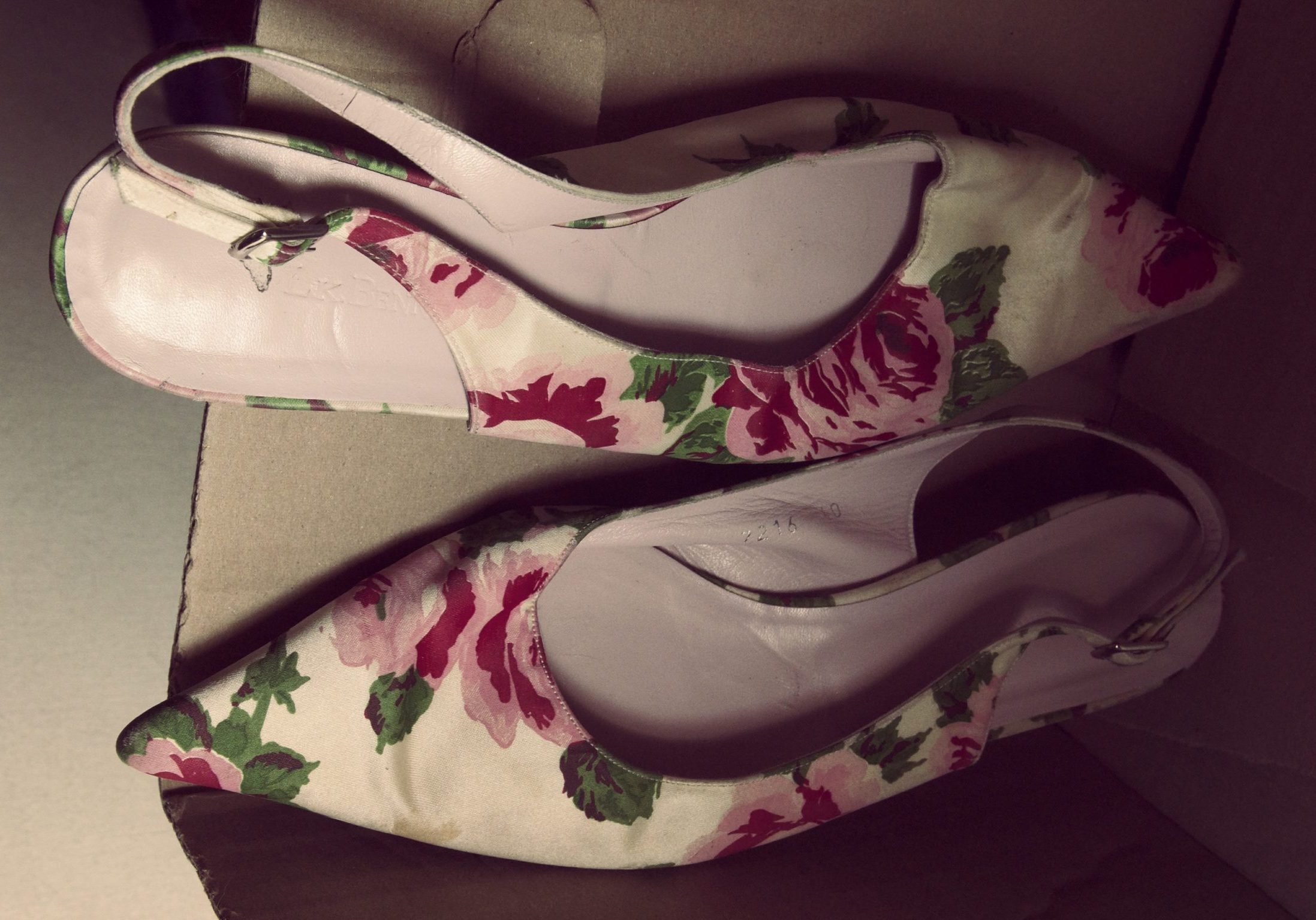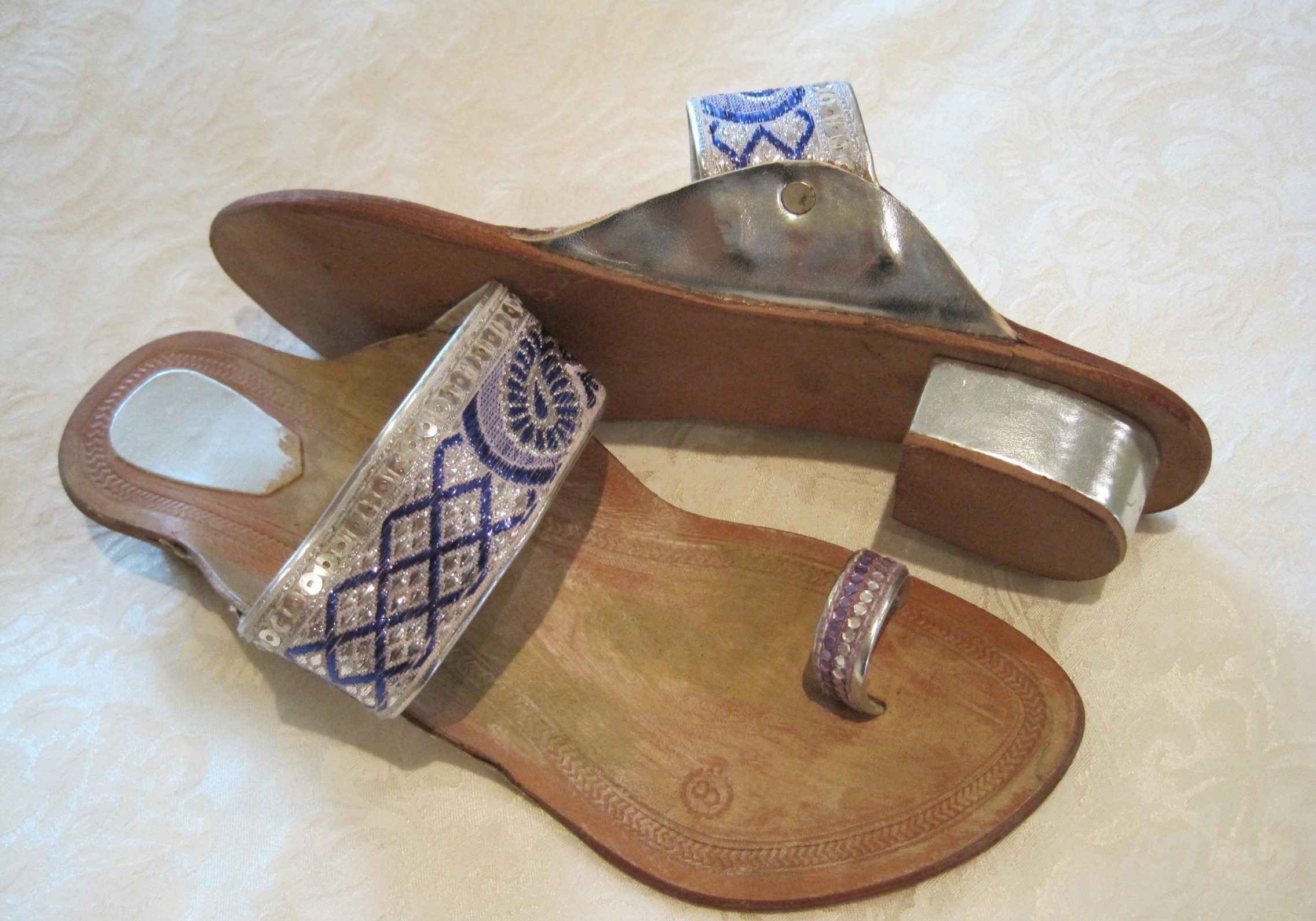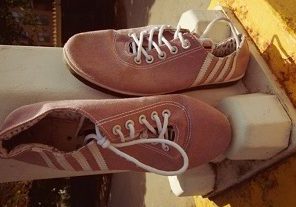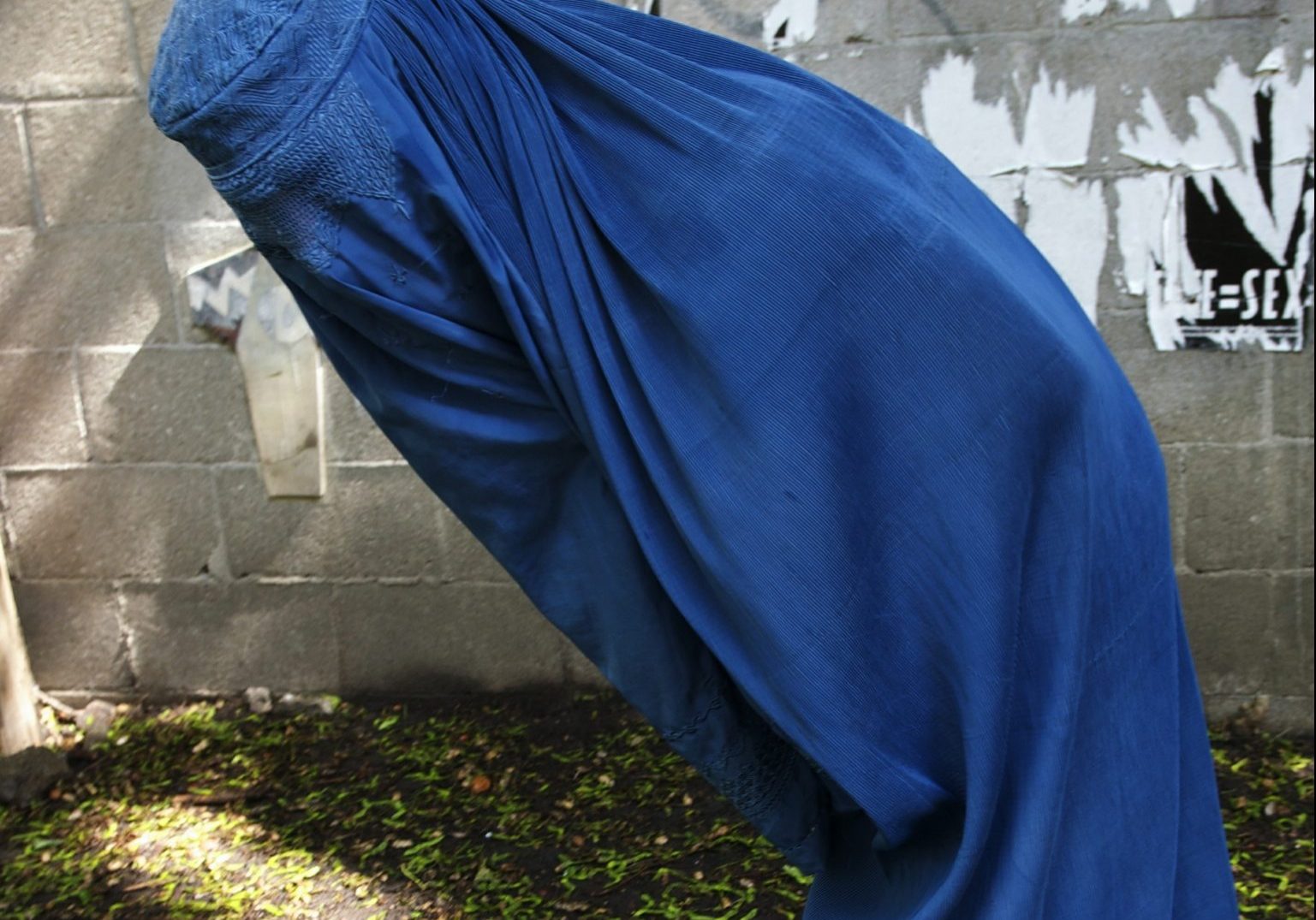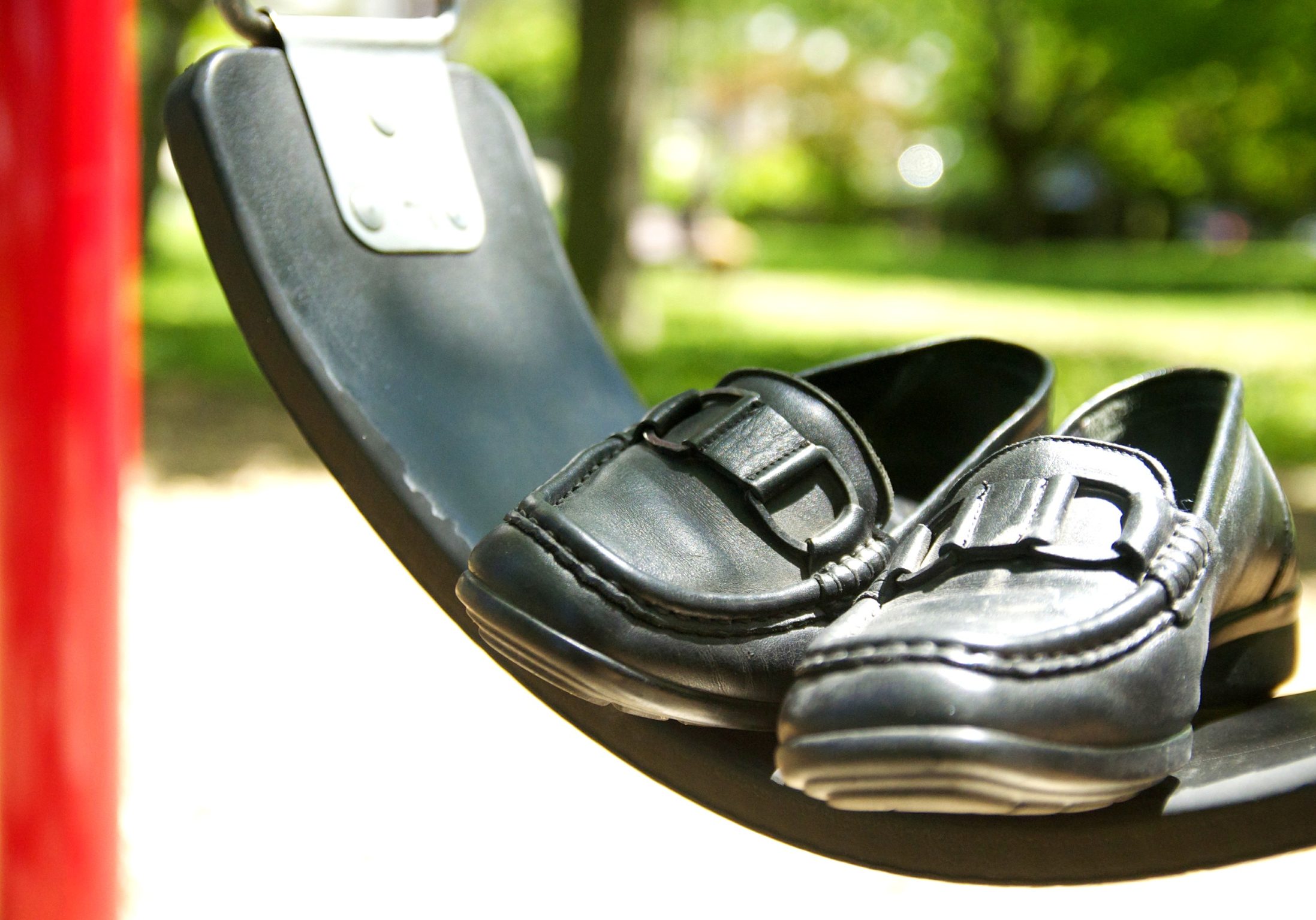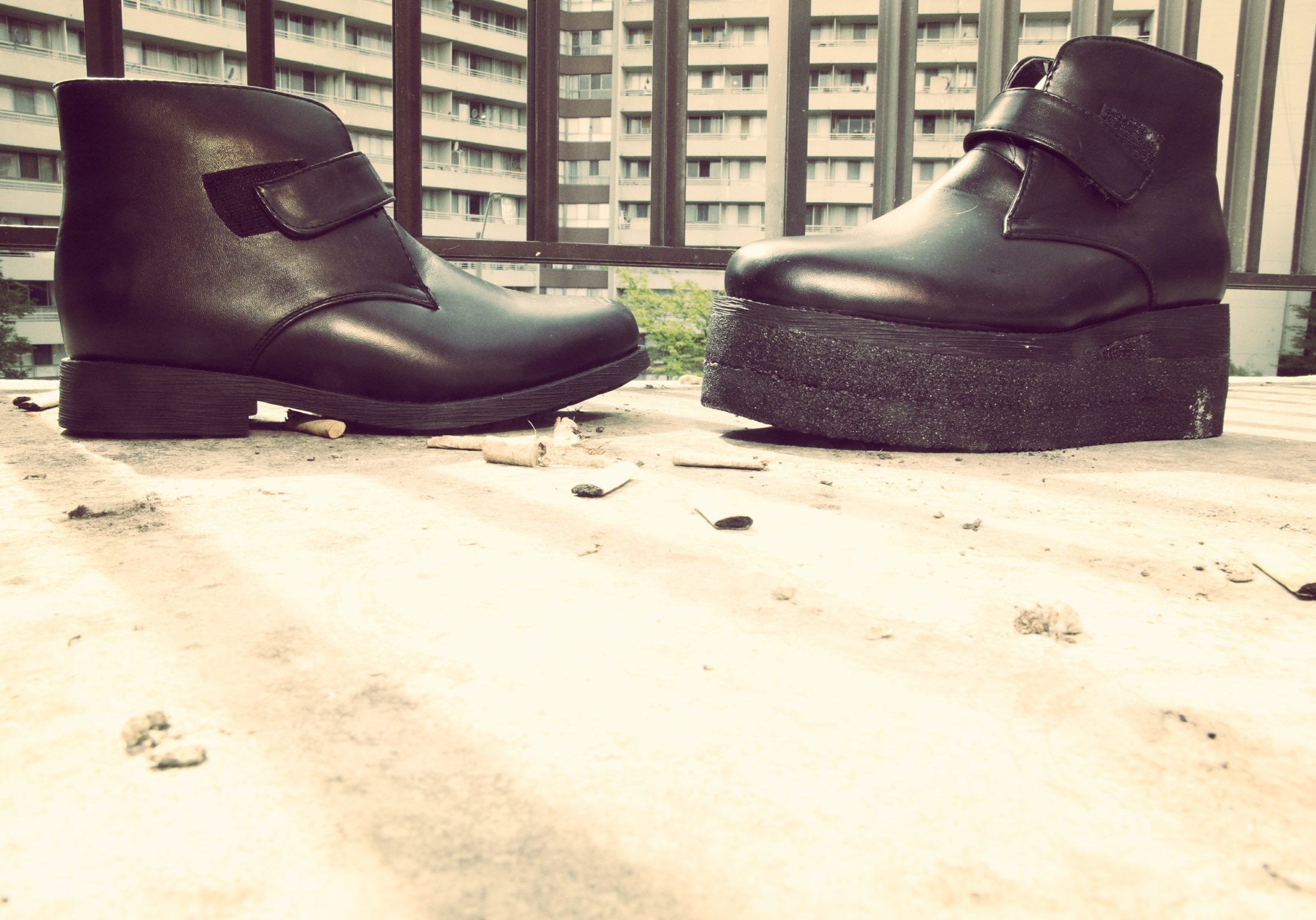Ode to the Flip-Flop
Yemi Stephanie Laotan
Summary:
Nigeria is a land of great diversity, but one thing everyone has in common is flip-flops. Bright-coloured flip-flops are worn by the people of 250 different ethnic groups, regardless of clan or origin. Yemi Laotan misses wearing hers in Toronto, where the summer months are all too short. But the familiar footwear remains a symbol of unity and equality for her.
Story:
“You can choose your friends but not your family.” The nature of Africa is that everyone is family, and that can be good or bad! If you are wearing a tight pair of jeans, shorts, or very high heels, two or three strangers can walk up to you and feel quite free to ask you to change your outfit —simply because you are a “child of God.” You might ask, “Which one?” because in Nigeria, aside from the Christian God and Allah, there are many other gods!
At home, there was always a need to identify people—either through their complexion, dialect, family name, attire or hometown. But flip-flops were found in every household not belonging to any group. Worn by every Tom, Dick and Harry, they were a universally accepted dress code no one questioned, as if they were unseen, almost as if they had slipped through the cracks and were not worth a thought or a look.
I was raised in Eko, otherwise known as Lagos, Nigeria. My father is from the Yoruba community, and my mother from Benin. Both tribes are well known in West Africa, but they are only two out of 250 different ethnic tribes in Nigeria, each with its own unique customs!
Nevertheless, my favourite sandals were flip-flops—not a tribal shoe from the Yoruba or the Benin people. I would have loved to identify with more important aspects of my parents’ cultures, but growing up in Lagos blurred all of that.
Sometimes, I wish the British had left Africa the way they found it. Potlucks can be delicious, but the ingredients in our pot called Nigeria are a recipe for disaster. I was born abroad and raised by parents who immigrated to Lagos, once Nigeria’s capital city and the second-largest city in Africa. It is home to so many, yet no one really calls it home. You see, for most people, home was their village or town. They would go back for holidays and festive occasions, such as a baby’s birth, a wedding, a funeral, a chieftain title ceremony—or the New Yam Festival marking the end of the harvest season.
When my parents and my extended family settled in Lagos many years ago, my father lost his ties to his hometown, Abeokuta, the rock city. Thus, Lagos became our home. A booming metropolis built on a swamp, it was home to so many yet home to none.
Like Lagos, a city inhabited by many different people, these sandals are worn by millions of people, regardless of their clan or social standing. As I walked through the dusty streets of Gowon estate in Lagos, Nigeria, the rhythm of my old pair of flip-flops sounded exactly like its name: flip flop, flip flop.
This sound was comforting. It reminded me of the shoes’ convenience, and more importantly, the ability to wear something without fear of being judged—which was a daily occurrence in my country!
Made from petroleum (which is little wonder, considering the amount of oil Nigeria produces), these flip-flops come in bright yellow, red, pink, blue and green and have a simple flat sole with a Y-shaped plastic strap that goes between the toes.
They can be bought at any local market for the cost of a meal. I must have owned countless pairs during my teenage years because they were far from durable! After a few months, the straps would give way. If I liked that particular pair, I would get it repaired at any local shoemaker’s stall, hoping to extend its life for another couple of weeks. This process would happen a few times until I was certain that replacing that pair was the only option.
Indeed, I miss not being able to wear my flip-flops every day in Toronto. For one thing, winters here are too cold for them. And the summer months, when you can show off your toes, are far too short!
Yes, there is always a need to identify people in Nigeria—either through their language, their clothes, their food or the tribal marks on the face. But perhaps the equality we share in an ordinary pair of flip-flops can someday translate into something as big as our national dictum: Peace and Unity, Strength and Progress.
YEMI STEPHANIE LAOTAN is an entrepreneur, blogger and mother of twins who immigrated to Canada from Nigeria after studying in Hungary and Ireland.
Read Other Stories from this Author
Caroline's Shoes
It’s been eleven years since my feet stepped on Nigerian soil. Caroline is not my blood relative, yet her shoes evoke sharp memories of home...
Double Take
After a surprisingly successful first year in business and an exceptional month in August, I decided to treat myself. I decided to go shopping...
